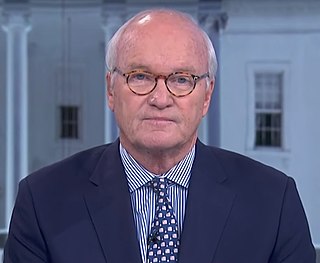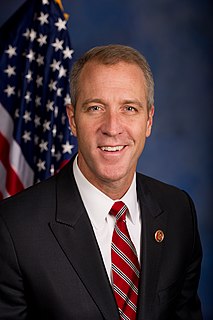A Quote by Richard A. Falk
Looking more deeply at the emergence of ISIS or the chaos that exists in Syria, Yemen and Libya would clearly raise crucial doubts about reliance on military intervention and drone warfare as adequate counterterrorist responses and would call attention to the detrimental effects of US "special relationships" with Israel and Saudi Arabia.
Quote Topics
About
Adequate
Arabia
Attention
Call
Chaos
Clearly
Crucial
Deeply
Detrimental
Doubts
Effects
Emergence
Exists
Intervention
Isis
Israel
Libya
Looking
Military
Military Intervention
More
Raise
Relationships
Reliance
Responses
Saudi
Saudi Arabia
Special
Special Relationship
Syria
Us
Warfare
Would
Yemen
Related Quotes
I think no country is going to be immune from the Arab awakening because the Arab awakening is driven by deep human longing for dignity, for justice and for freedom. I think that applies to young people in Saudi Arabia as much as to young people in Egypt, Tunisia, or Yemen, or Libya, or Syria. If I were in Saudi Arabia, I would be getting ahead of this and looking for ways to appreciate those aspirations and align my country with them.
I was the first senior American official to meet with Riyadh's dynamic Deputy Crown Prince Mohammed bin Salman after the Saudi intervention in Yemen in 2015. I reiterated the United States' commitment to defend Saudi Arabia against Houthi aggression and to help press the Houthis back to the bargaining table.
Currently, the United States has troops in dozens of countries and is actively fighting in Iraq, Syria, Libya, and Yemen (with the occasional drone strike in Pakistan). In addition, the United States is pledged to defend 28 countries in NATO. It is unwise to expand the monetary and military obligations of the United States given the burden of our $20 trillion debt.
In 2009, pre-Hillary, ISIS was not even on the map, Libya was stable, Egypt was peaceful, Iraq was seeing really a big, big reduction in violence, Iran was being choked by sanctions, Syria was somewhat under control. After four years of Hillary Clinton, what do we have? ISIS has spread across the region and the entire world. Libya is in ruins and our ambassador and his staff were left helpless to die at the hands of savage killers. Egypt was turned over to the radical Muslim Brotherhood, forcing the military to retake control. Iraq is in chaos. Iran is on the path to nuclear weapons.
If we had allowed things to drift, everything would have gone from bad to worse. Nasser would have become a kind of Moslem Mussolini, and our friends in Iraq, Jordan, Saudi Arabia, and even Iran would gradually have been brought down. His efforts would have spread westwards, and Libya and North Africa would have been brought under his control.
The latest developments in Iraq are deeply troubling, but as the United States considers military and diplomatic responses to the actions of the Islamic State in Iraq and Syria (ISIS) action, we should be clear that U.S. troops on the ground cannot go a million miles near a sectarian civil war-it's simply not an option.

































